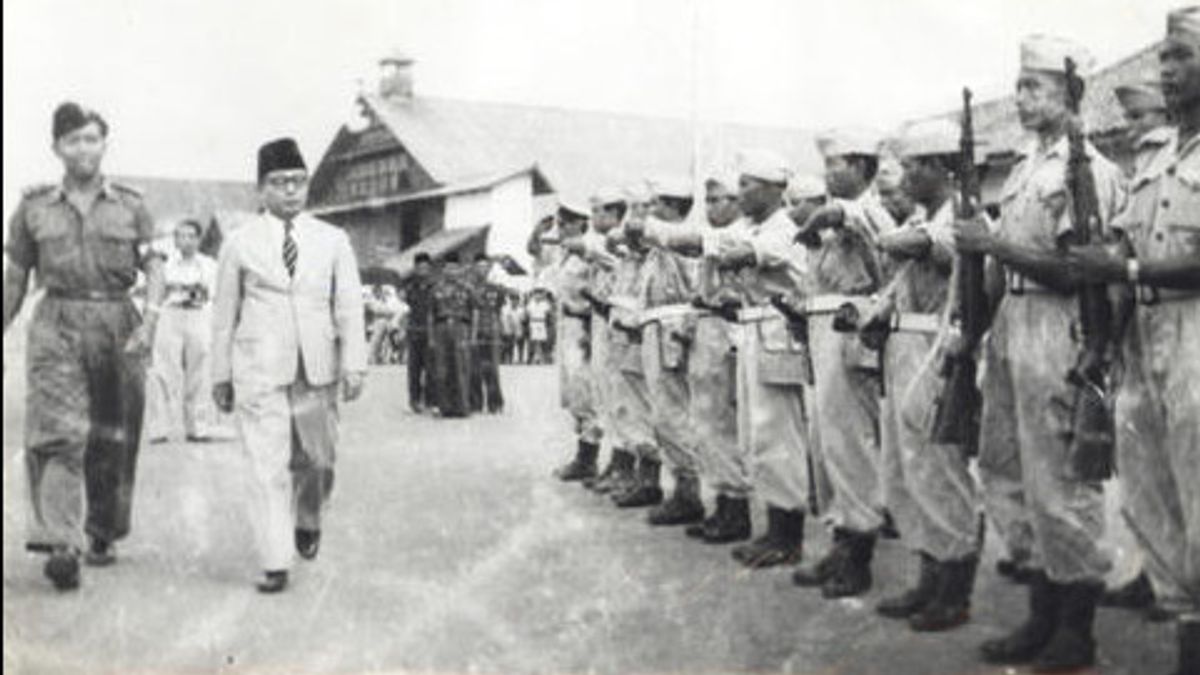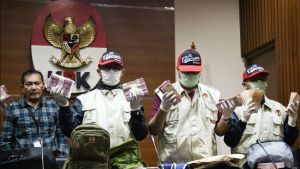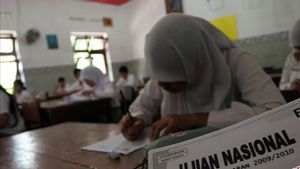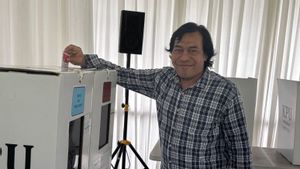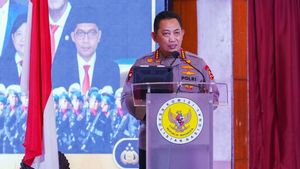JAKARTA History today, 23 years ago, December 23, 1941, the freedom fighter Mohammad Hatta called Japan a threat to Indonesia's independence. Hatta revealed this statement through his writings in the Dunia newspaper.
Hatta revealed that the outbreak of the Pacific War should not make the natives lose focus. The main goal remains Indonesia's independence. Previously, Hatta had no problems with Japan. He was even praised by the Japanese mass media as Gandhi of Java.
Bung Hatta first visited Japan in 1933. At that time, he was invited by his uncle, Mak Etek Ayub Rais to participate in a business trip to Japan. Hatta is not playing. Likewise, Ayub Rais, who in fact is known as a businessman from Bukittinggi.
Hatta was also used by Ayub Rais as his advisor. Hatta has no problem with that. Moreover, the arrival of the two is not in the context of politics, but business. Ayub Rais wants to see the extent of the development of the Japanese industry. While the other agenda is Ayub Rais to build a business network with local entrepreneurs.
In fact, Hatta's departure is known to the Japanese. All newspapers in Japan reported Hatta's visit. They interviewed Hatta. The Japanese mass media were busy calling Hatta the Gandhi of Java.
Hatta believes there is a political element of the nickname. Because, recently he thought Japan had sought support from freedom fighters to support their invasion efforts. Hatta was careful on a visit to Japan. He did not want to be considered in collaboration with Japanese imperialists. According to him, Japan and the Netherlands are no different.
For several weeks both of them have been in Japan, not only visiting various companies, including industry, but also schools and of course other things that deserve to be seen in visiting people's countries, including tourist attractions.
"However, what Hatta was trying to do was when he was referred to in the Japanese newspaper as Gandhi of Java, which was seen not only as a fighter, but caused the Japanese government to try to contact him for the political interests of Japanese expansion in Asia. Moreover, Hatta once stated when he was in the Netherlands that the Pacific War, which would be very much involved in Japan, would break up," said Deliar Noer in the book Mohammad Hatta: The Heart of the Nation (2012).
The Pacific War broke out. However, Hatta's view of Japan has not changed. Hatta did not sympathize with Japan. He firmly rejected Japanese imperialist activities. His views regarding Japan were voiced by Hatta everywhere. The Visibility newspaper, for example.
Hatta wrote in the Lapangan newspaper so that the bumiputras were aware of Japan's movements on December 22 and 23, 1941. Hatta also asked the bumiputra not to support the allied group or Japan.
Hatta considers Japan to be like a threat to Indonesia's independence. According to him, the bumiputras must focus on more important things: Indonesian independence. Even though Hatta finally chose to collaborate with Japan because the natives were promised independence.
"Hatta's antifascist and imperialist attitude in Japan is illustrated in an article published in the Lapan newspaper on December 22 and 23, 1941. Hatta, who was still in exile in Banda Neira, among others, wrote: In fascism, there is no dream to determine our own destiny. Our intention in the current war is none other than fascism of being completely destroyed, because Japan, which is imperialistic, is the greatest threat to Indonesia," explained Marwati Djoened Poesponegoro and friends in the book Indonesian National History Volume VI(2008).
The English, Chinese, Japanese, Arabic, and French versions are automatically generated by the AI. So there may still be inaccuracies in translating, please always see Indonesian as our main language. (system supported by DigitalSiber.id)
